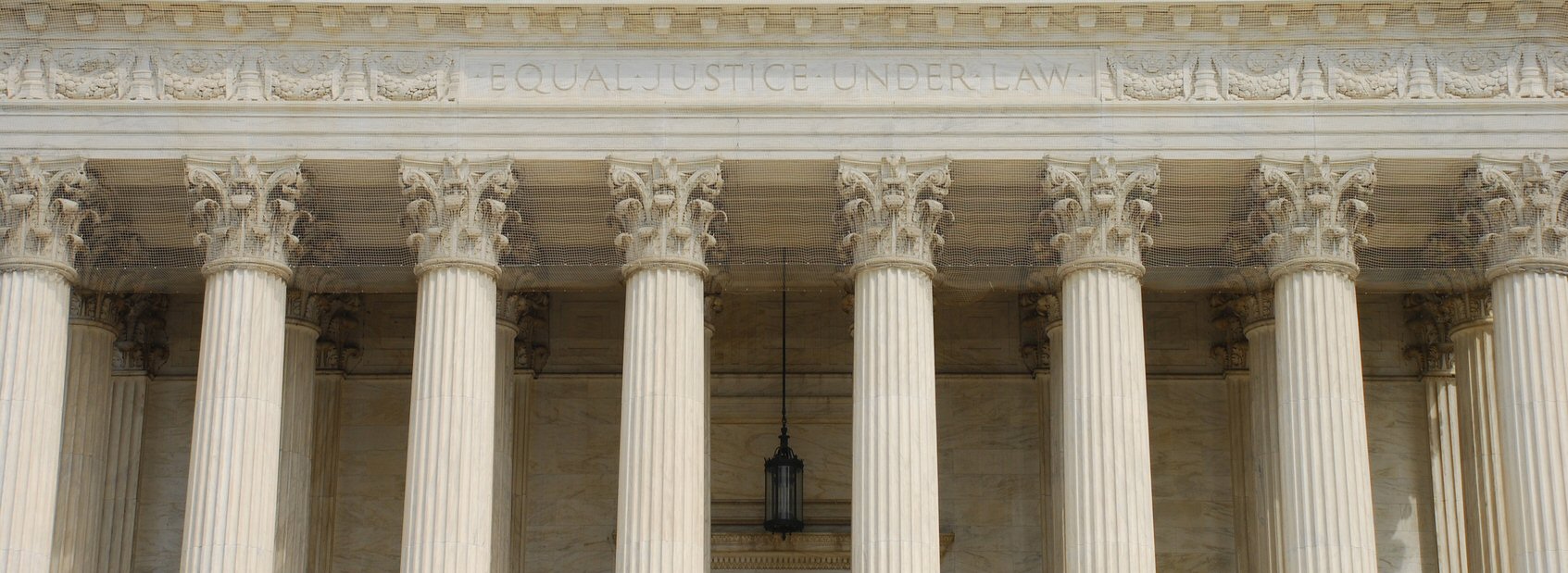Position Statement – 2019
2019 A.5494 (Weprin) / S.3419 (Montgomery)
Access to Identifying Information of Birth Parents
Oppose
This legislation would allow adult adoptees to receive a certified copy of their original long form birth certificate if 18 years of age or older. WBASNY opposes this legislation in its entirety because it mandates the disclosure of identifying information of birth parents without first securing their consent. The proposed legislation fails to adequately account for the right of birth parents, specifically birth mothers, to decide whether to keep such identifying information confidential.
At the time of adoption, the State implied confidentiality of the biological parents in the absence of written consent. There was an expectation that privacy would be maintained. To alter this scheme would be to breach a promise made to these individuals.
Although most adoptions today have some measure of openness, there are still cases in which privacy is necessary to protect the safety and identity of the birth parent. In particular, when a child is conceived through sexual assault or coercion and is placed for adoption, the birth mother should have a reasonable expectation of privacy. Disclosure of the birth mother’s identifying information is tantamount to identifying and outing the victim of rape, without her consent, which is entirely inconsistent with current state laws regarding protecting the identity of victims, particularly when the victim is a minor.
Justification for this proposed law has had particular focus on the dissipation of the stigma of out of wedlock births. While much of the stigma surrounding out of wedlock births has dissipated, there remain many who would be greatly harmed if an out-of-wedlock pregnancy were disclosed after the fact.
Recent studies discuss the unique trauma and impact, of placing a child for adoption, on the birth mother. Forced identification 18 or more years after the adoption could trigger profound psychological reactions by the birth mother. While much of the debate around this issue centers on the psychological impact and “civil right” of adoptees, the psychological impact and civil rights of the birth parents should not be ignored.
WBASNY also opposes this legislation because the adoption information registry already permits birth parents to disclose information should they choose to do so. Recent amendments requiring that birth parents receive information about the registry and have an opportunity to register at the time of giving a consent or surrender, have increased the reliability of the registry making it more successful. Further, the State also has a process in place for adoptees to access their original birth certificates when good cause can be demonstrated.
The current process appropriately balances the interests of adoptees, birth parents, and adoptive parents. It protects the woman’s right to retain anonymity, if she chooses, regarding what likely was a painful and troubling decision many years ago, and ensures her life is not now unexpectedly and unwantedly disrupted.
WBASNY proposes that any legislation which would permit the disclosure of a birth parent’s identification be applied prospectively, so that the State is not placed in the position of breaching its promises to biological parents. WBASNY further suggests that any legislation is also modified to include a written acknowledgment by the birth parent of such potential disclosure, such as modification of current adoption forms to include a clause stating that identifying information regarding the birth parents may be disclosed.
Lastly, WBASNY has concerns over the potential conflict this legislation would have with key provisions and intent of the proposed Child-Parent Security Act, which we collectively support.
As an organization comprised of attorneys and judges across the state in private practice, government, academia, and the courts dedicated to the advancement of women in law and society, WBASNY strongly opposes the legislation as currently written.

